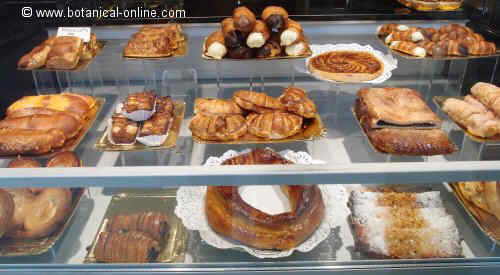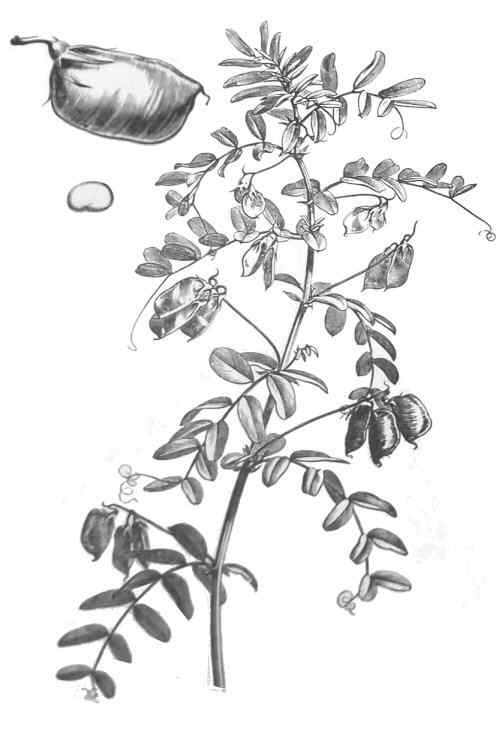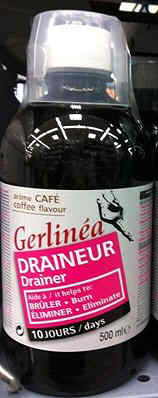Eating food compulsively between meals
What is craving to eat?
The urge to eat is a state in which a person feels an urgent need to eat something. Generally, cravings are manifested as craving for something sweet.
This is a compelling need that drives us to eat foods that contain sugar. People with sweet cravings often need something sweet after meals or a while after eating.
The urge to eat comes primarily in mid-afternoon or before bedtime. At this time, the sufferer feels the urge to put something in the mouth, especially something sweet, like chocolate, cookies, candy, etc.
It is a compulsive act, very difficult to stop, specially for many people who are predisposed to weight gain or become obese.
Why craving to eat takes place?

The urge to eat sugary products is very evident in children today
The urge to eat takes place because the body experiences a drop in sugar levels in the blood. Hypoglycemia is a state that the brain detects quickly and sends a signal that urges us to eat more.
Since sugar is the food that is digested more quickly, and the one that best satisfies the brain needs that feeds on glucose, we feel a fondness for sweet foods.
In addition, increased blood glucose causes an increase in endorphins, primarily serotonin and norepinephrine, that makes us feel better.
It creates what is known as “sugar rush“. After eating sugary foods, we’re happy, far more active and energetic and totally full. Thus, it is not uncommon for large celebrations or treats to end with a tremendous injection of sweety desserts, ice cream or other sugary snacks.

The desire to eat ice cream in summer arises both by the need to refresh the body and by the habit of eating candy all the time. Eating lots of ice cream in hot weather provides us with lots of calories in a time of year when we actually do not need them
Obsession with eating and stress
In addition to an inadequate nutrition, stress plays a major role in food cravings. Stress forces the adrenal glands to produce a compound called cortisol.
Cortisol causes an increase in glucose as the body, in a situation of stress, is preparing to defend itself against a possible danger. When we are stressed, we need more glucose for the body to dispose of more energy. This implies the need to eat foods high in sugars.
Women suffering from premenstrual syndrome may feel a special need for sweets as a result of hormonal changes.
Intense physical exercise or environmental factors can also increase the need to eat. A colder climate or a heavy physical exercise or hard labor force us to consume more calories so that we can feel a greater need to consume more food.
However, unlike the previous cases, these activities often produce a more general kind of hunger, not so focused on consumption of sweet foods.
Then “you feel low” in mid-afternoon
Unfortunately this “welfare state” is short. Sugar-rich foods contain simple carbohydrates, characterized by a fast metabolism. Quickly they flood the bloodstream of glucose providing a momentary feeling of fullness.
Likewise, our body, as it detects higher concentrations of sugar in the blood, produces more insulin to stabilize the body at adequate levels. This conveys a very fast consumption of sugar resulting in a further decrease in the levels of blood sugar (hypoglycemia) leading to the need to eat more sweets.
Addiction to sugar breaks the balance of the digestion of sugars

Baked goods made with refined flour are rich in simple carbohydrates
How to reject eating sweets
A person who feels no sweet craving is a person who maintains a balance in the metabolism of sugars or carbohydrates. Normally, blood glucose is normalized by insulin that reduces glucose levels in the blood or turns it into glycogen which is stored in the liver as a reserve substance.
When a person eats too many simple carbohydrates, the body is forced to produce too much insulin, which is unable to reduce or turn it into glycogen. As a result, much of the glucose is stored in the body as fat.
In addition to leading to obesity, insulin becomes less efficient so that every time the concentration of sugar in the blood is less stable and the ups and downs of blood sugar levels in the blood are more frequent. Each time we feel a greater need for sweets and we ned to eat more sugar, refined products or other junk food. We are experiencing an imbalance in the digestion of sugars.
The end result is clear: weight gain, increasing diabetes, constant changes of mood, increased intestinal infections, liver, pancreas, etc.
Note: An open debate exists about whether the use of the food additive E621 (monosodium glutamate) may be responsible for foods cravings.
Overcoming cravings
To overcome cravings we must avoid sweets, replacing them with other more healthy foods.
With a new diet, with the help of certain medicinal herbs and some supplements, we will be able to avoid craving for unsuitable food.
![]() More information about craving to eat.
More information about craving to eat.








